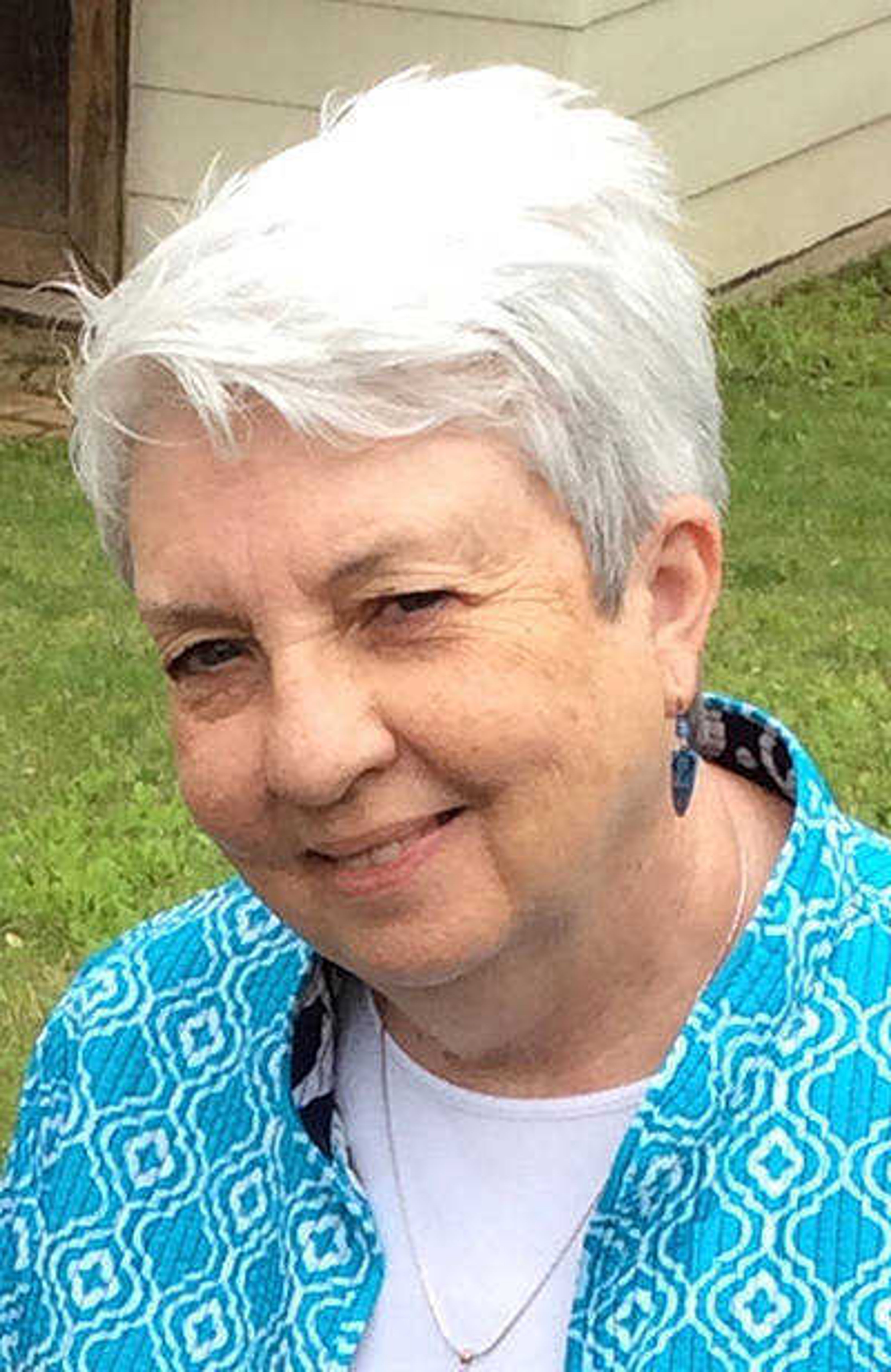'Lift every voice and sing'
EDITOR'S NOTE: Italicized quotes are lyrics from the "Black National Anthem," James Weldon Johnson, 1900. Words, melody, rhythm and harmony lift spirits, provide strength in hard times, and praise God. Renown for exuberant sermons and soulful song, Cape Girardeau's historic Black churches -- Second Missionary Baptist (organized circa 1867) and St. ...
EDITOR'S NOTE: Italicized quotes are lyrics from the "Black National Anthem," James Weldon Johnson, 1900.
Words, melody, rhythm and harmony lift spirits, provide strength in hard times, and praise God. Renown for exuberant sermons and soulful song, Cape Girardeau's historic Black churches -- Second Missionary Baptist (organized circa 1867) and St. James African Methodist Episcopal (1863) -- are mainstays of the community. Though preachers come and go through the years, their choirs and beloved music anchored the churches with stability and consistency.
Earth and heaven often rang with choir harmonies beyond their own sanctuaries. Choir exchanges in the 1920s demonstrated musical expressions of community good will. Second Baptist's choir regularly sang across town at St. James AME, at Antioch Baptist in Smelterville and Hely's Chapel, near the quarry further south. They also "motored" to Corinthian Baptist Church in Jackson, and to district meetings of the Southeast Missouri Missionary Baptist Association.
The choir may have sung published anthems, but favorites were renditions of spirituals and hymns passed down through tradition. Most members of this choir were first-generation descendants of formerly enslaved parents. Their best-loved songs had roots in field work, camp meetings, and riverside baptisms. Songs "full of the faith that the dark past has taught, full of the hope that the present has brought."*
Organist, Ellen Jones Drasdale, commanded the church's foot-pump organ in the 1920s. The choir regretted her absence when rural teaching positions forced months-long absences. Doubtlessly, the choir held its own then, too, delightfully proficient a cappella harmonizers. Members often sang quartet, duet and solo features, often invited to sing for patriotic programs, annual fraternal thanksgiving services, funerals and community gatherings.
The choir's hope for community harmony reached across color lines. In January 1922, after a long, turbulent season of national racial tension and injustices, Second Baptist's choir accepted an invitation to sing at First Baptist Church (white). At conclusion of the planned program, First Baptist's choir stood and joined their guests singing "I Am Bound for the Promised Land." Hattie Jones's St. Louis Argus, Cape Girardeau column reported amazement at the moment, noting the combined choirs sang with their accompanist still at the piano. Unconventional perhaps, but a holy moment. Jones wrote, "Negroes do not have to follow at all times if they prove their ability to lead."
In March, 1925, the choir gave a Saturday evening recital in Advance, Missouri, for a combined Black and white public school program. Drawing a large audience, including 200 white citizens, the high school principal and the county superintendent of schools, the program of "Classic music of our race" was presented in choral arrangements, solos and duets, which "filled the hearts of the whites with joy." The outing was memorable, too, because the choir's transportation broke down upon return. Entertained and sheltered overnight by the Bell family of Advance, the choir returned to Cape Girardeau next morning, just in time for the 11 o'clock Sunday services.
"Let our rejoicing rise, high as the listening skies...facing the rising sun of our new day begun, let us march on 'til victory is won!"*
Connect with the Southeast Missourian Newsroom:
For corrections to this story or other insights for the editor, click here. To submit a letter to the editor, click here. To learn about the Southeast Missourian’s AI Policy, click here.


![Second Missionary Baptist Church Choir of Cape Girardeau, circa 1925. Handwritten notes on the back of the photo unfortunately do not identify all persons pictured. Front row seated, from left are Ms. Erye [could be Frye or Myrtle Ayers, a teacher at Cobb School in 1928], Eugenia "Jeanie" Jones O'Bannon, man (not identified -- possibly Samuel A. McIntosh), Myrtle Sheppard (though not Myrtle Bronson Sheppard, former Cobb School teacher, born 1895 and died 1979), unknown woman. Standing, Enoch Jones (brother to Ellen, Jeanie, Rose, and Hattie), Ary [aka Ira] Mack Primm, Ellen Jones Park Drasdale, Clarence Holmes, Rose Jones Arthur and Hattie Jones Montgomery. Assistance identifying folks and corrections are welcomed.](https://public-assets-prod.pubgen.ai/brand_a7b06a8b-02b9-4920-9426-9b9be1d4e410/asset_3f57e704-2af4-5a73-8afa-705d05432cd7.jpg?w=3840)








